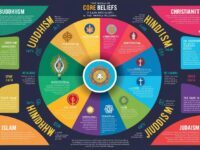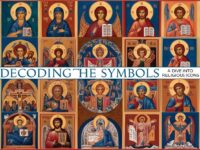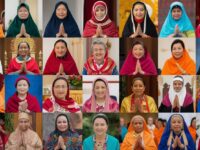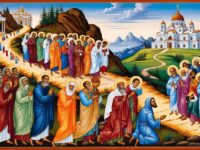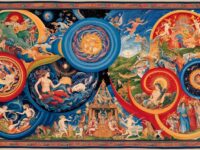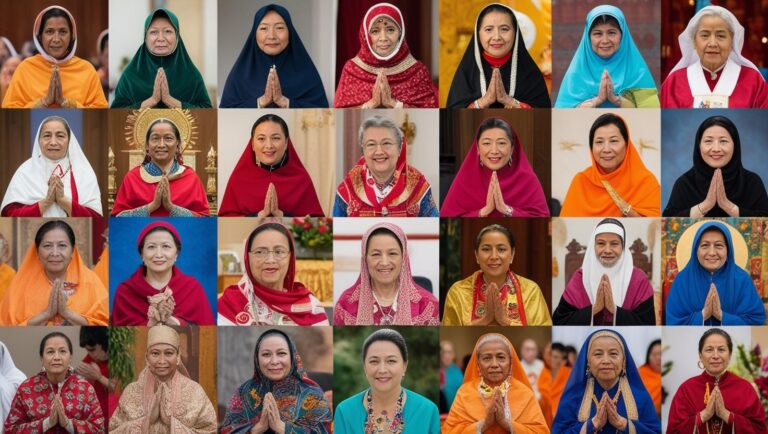Religion has been a fundamental aspect of human society for millennia, shaping cultures, communities, and individuals alike. Within these spiritual traditions, women have played varied and complex roles, often reflecting the broader social dynamics of their time and place. As we explore women’s roles in religion across different cultures, we discover a tapestry of voices and experiences that reveal both diverse traditions and transformative journeys.
Diverse Voices: Women in Global Religions
In many indigenous and tribal cultures around the world, women have historically held positions of spiritual authority, serving as shamans, priestesses, or spiritual leaders. For example, in parts of Africa and the Americas, women were often seen as custodians of sacred knowledge, maintaining spiritual harmony within their communities. These roles, deeply intertwined with the social and natural environment, highlight the essential part women play in sustaining cultural and religious continuity.
Meanwhile, in the major world religions such as Christianity, Islam, Judaism, Hinduism, and Buddhism, women’s roles have been more varied and, at times, restricted by patriarchal structures. In Christianity, women have been pivotal as saints, mystics, and lay leaders, even though formal clerical roles have been largely dominated by men. In Islam, while women like Khadijah and Aisha played crucial roles in early Islamic history, modern interpretations and practices can vary widely, with some communities embracing progressive roles for women and others adhering to more conservative views.
Hinduism and Buddhism offer unique perspectives, with goddesses like Saraswati and Tara symbolizing wisdom and compassion, yet women in these religions often face societal challenges. Hindu texts like the Vedas and Upanishads acknowledge female sages, but traditional customs can impose limitations. Similarly, while Buddhist nuns pursue spiritual enlightenment, their journey often entails overcoming institutional and cultural barriers. Across these religions, women’s voices continue to advocate for equality and recognition, challenging centuries-old traditions.
From Tradition to Transformation: A Sacred Journey
As societies evolve, so do the roles of women within religious contexts. The feminist movement has significantly impacted how women engage with their faith, prompting re-evaluations of religious texts and practices. In Christianity, for example, many denominations now ordain women, while feminist theologians have reinterpreted scripture to emphasize women’s spiritual contributions. This transformation is not without resistance, yet it signifies a broader shift towards inclusivity in religious communities.
In Islam, women have initiated movements for reinterpretation of the Quran and Hadith, advocating for gender justice within the framework of their faith. Organizations led by Muslim women are actively working to address issues such as education, marital rights, and leadership roles. These efforts represent a dynamic interplay between tradition and modernity, as women seek to harmonize their religious identities with contemporary values.
Hinduism and Buddhism also witness transformative changes, with women reclaiming their spiritual heritage. In Hindu communities, women are increasingly participating in rituals and ceremonies traditionally reserved for men, while Buddhist women are establishing platforms for gender equality within monastic life. These transformations reflect a sacred journey where women navigate through historical constraints, paving new paths for future generations.
The exploration of women’s roles in religion across cultures reveals a rich, complex narrative that transcends geographic and spiritual boundaries. As women continue to assert their voices within religious contexts, they not only challenge traditional norms but also contribute to the evolving tapestry of global faith traditions. This journey of diversity and transformation underscores the vital role women play in shaping the spiritual landscapes of both their communities and the world at large.


